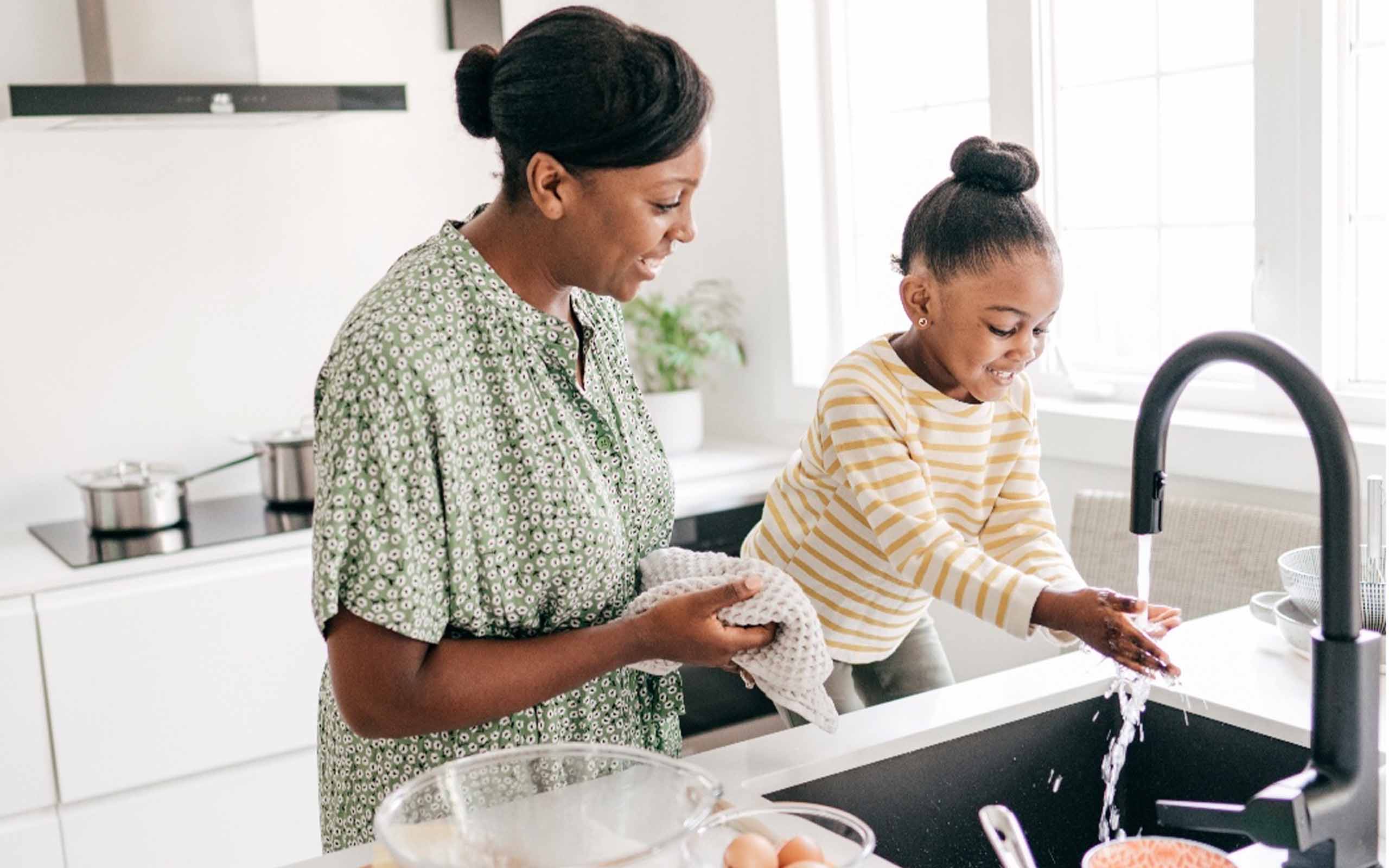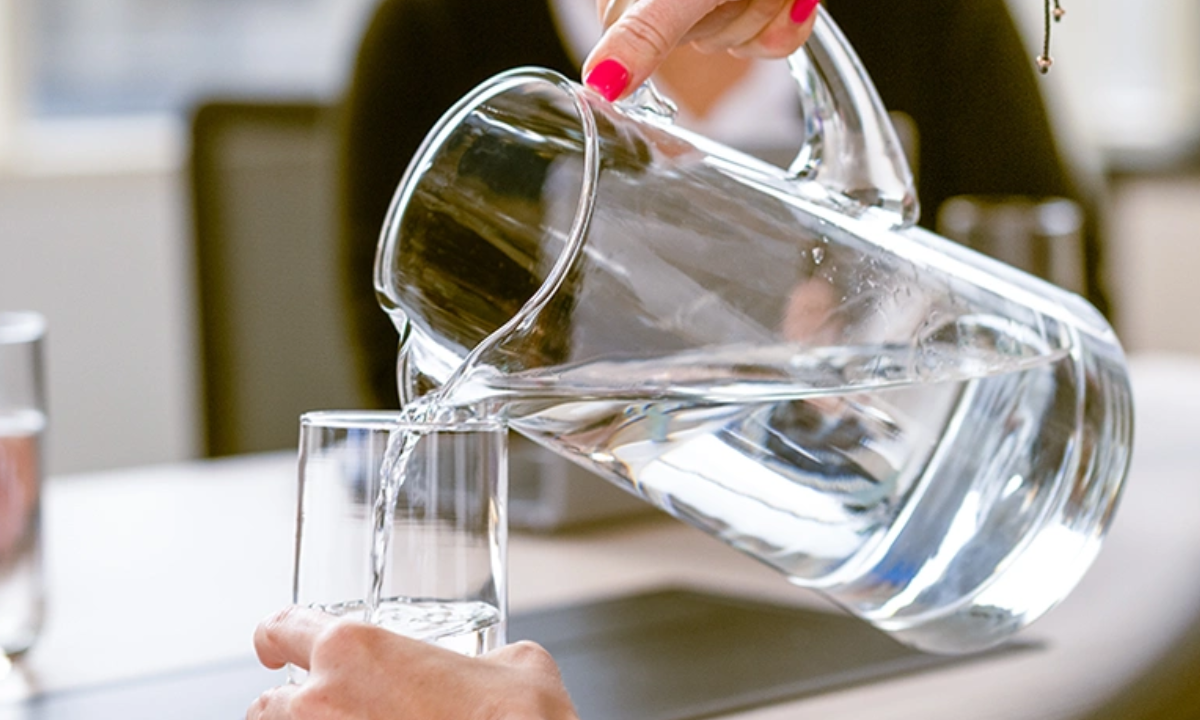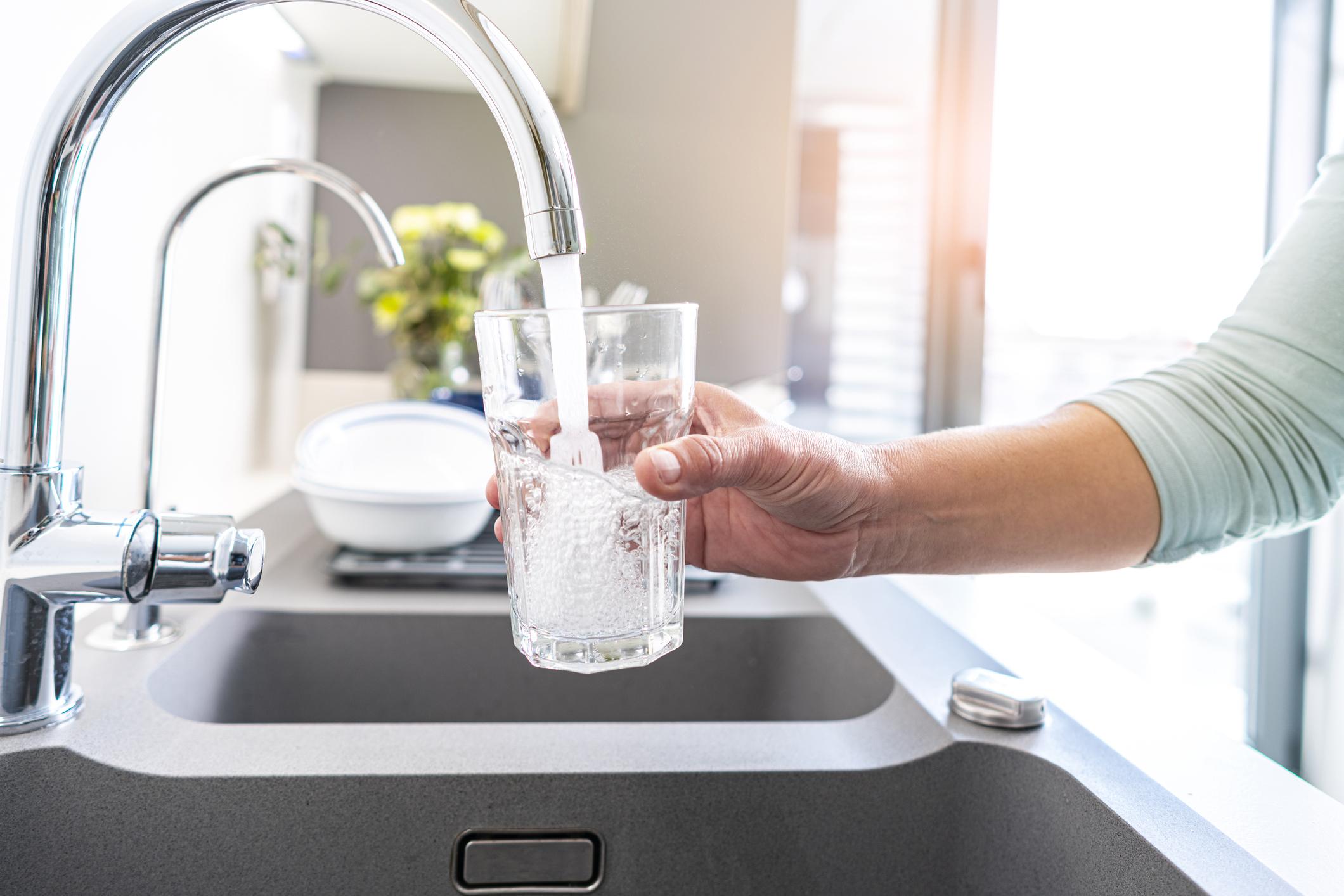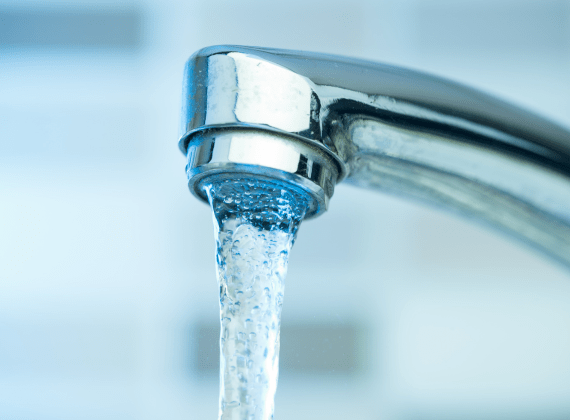

When cooking or baking at home, did you know that the hardness of the water can make a difference to your food? From rice to dough, find out more in our latest blog.
According to Thames Water, over 60% percent of people in the UK live in hard water areas. But what does that mean for the consumer? Hard water is completely safe and it could add to the calcium and magnesium levels we need every day. However, every time you cook with hard water, your food is exposed to these minerals. It can change the taste of your food come dinner time – unlike soft water – that’s why investing in a Harvey water softener is so beneficial.
Cooking at home with hard water
Cooking at home with hard water can bring challenges at times. Why? Hard water can prolong the fermentation time of yeast, flavour your rice or vegetables or be the cause of that funny film on your morning cuppa. Here are a few problems with hard water:
Baking and dough
How does hard water affect baking and dough? When baking or making dough, the minerals in hard water such as magnesium and calcium can change the active yeast and structure of the gluten. This means you could end up with a tough or rubbery cake or dough. Chlorine can also impact your sourdough production: time to get a water softener.
It’s bad news for budding bakers in Ipswich – the area with the hardest water. However, for people living in Cardiff, Liverpool, Middlesbrough and Stoke you’re in a great position to make that perfect homemade loaf.
Research has previously found water of a medium hardness (50 to 100 parts per million of calcium carbonate per litre of water) is optimum for allowing dough to rise perfectly.
Our Hard Water Index shows water in Cardiff has a calcium concentration of 60ppm while in Liverpool it’s 65ppm. Residents in Middlesbrough and Stoke have slightly harder water, 80ppm and 96ppm respectively but that’s still within the 100ppm threshold.
Rice and grains
When cooking at home with rice or grains that contain hard water, the food may absorb the flavour of the water – explaining why it tastes different. Vegetables that are boiled or steamed can appear to look blanched or soggy. Cooking with soft water doesn’t present these taste issues. A tip is to try cooking with both soft and hard water, then experience them both.
Your daily cuppa
Hard water causes limescale, the chalky substance you find on appliances, pipes and taps and it’s caused by the dissolved minerals in the hard water. When you boil your water in the kettle, it can change the taste of the water. As tea is mostly water, you’ll have a unique cup of tea…
Softened water has a variety of benefits. Some of these are:
- It eliminates limescale and doesn’t damage pipes or home appliances
- It’s purer and cleaner for cooking
- Soft water is better for your family’s skin and hair
- Clothes washes are improved
- Savings by using fewer products at home
Harvey Water Softeners
The best way to combat hard water issues is to install a water softener. Having access to soft water by fitting a Harvey water softener, means you can rest in the knowledge that your water is bringing out all the right flavours at mealtimes. Make an appointment with one of our experts today to find out more and discover the best options for you.
Hard Water Damage – Limescale build-up from hard water can badly hurt your home – Find Out Why


